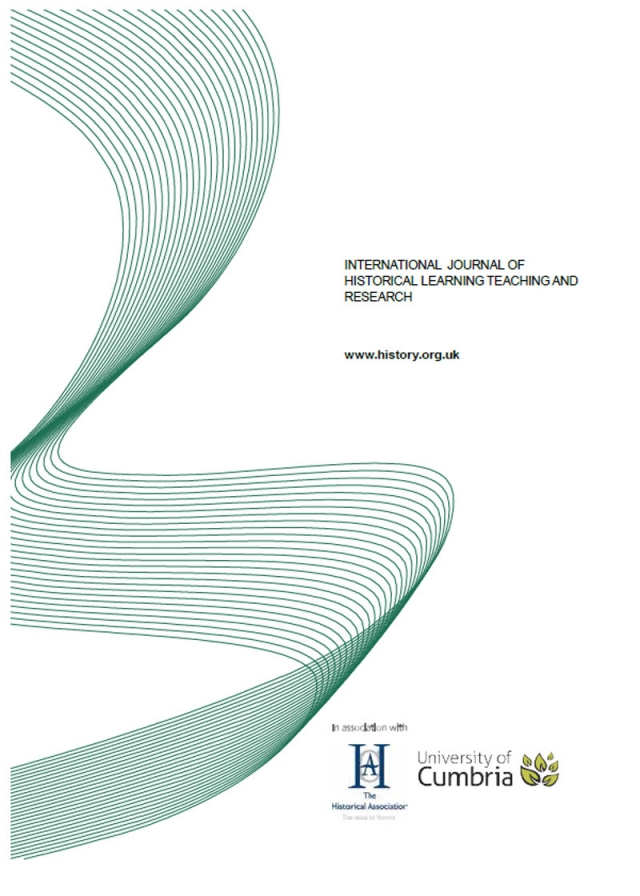The Effect of Prior Knowledge on Teaching International History
IJHLTR Article

An Empirical Case Study in UK Higher Education
International Journal of Historical Learning, Teaching and Research [IJHLTR], Volume 15, Number 1 – Autumn/Winter 2017
ISSN: 14472-9474
Abstract
The students’ prior knowledge is considered to be a factor of paramount importance to the learning process, particularly when teaching history in a diverse and multicultural learning environment. This paper explores the issue of prior knowledge and how it affects the teaching of international history in Higher Education in the United Kingdom (UK). Specifically, the study reflects on the experience of the author as a Graduate Teaching Assistant in the module ‘International History’, a module in the first year of the Bachelor in International Relations offered by the Department of War Studies, at King’s College London.
The research methodology includes the findings from an open-ended questionnaire distributed to the students at the end of the academic year 2014–2015. The paper presents a variety of strategies employed in order to assess, activate or deal with insufficient prior knowledge, with the findings validating that the use of discussion, in-classroom, and out-of-classroom activities can help the teacher assess, activate, or deal with insufficient prior knowledge.
The research reveals that due to their different educational backgrounds, students in UK Higher Education often have insufficient or even inaccurate prior historical knowledge and a limited perspective on examining international history. In particular, European students face significant difficulties with the period before the French Revolution, while non-European students feel that the international history curriculum is excessively Eurocentric, and they would welcome the examination of history from different standpoints. In sum, the paper offers suggestions for the enhancement of international history teaching in higher education through assessing, stimulating or challenging prior knowledge, and through the encouragement of viewing historical issues from multiple perspectives.
Introduction
Prior knowledge is considered as one of the most critical elements in the learning process. According to Ausubel, ‘the most important single factor influencing learning is what the learner already knows. Ascertain this and teach him accordingly’ (Ausbel, 1968, p.127). The teacher should encourage the students to reflect on their prior knowledge. This can be achieved through a method of student-oriented teaching of a small group where the students can engage into dialogue stimulated by ‘a series of ‘thought’ questions’ (Pressley, Wood, Woloshyn, Martin, King and Menke, 1992, p. 105). Further, the existence of a strong link between prior knowledge and interest means that the use of stimulating materials can also help the students recall what they already know (Tobias, 1994, p. 37; Wade, Schraw, Buxton, Hayes, 1991). On the other hand, prior knowledge can hinder the learning process, since it can be inactive, insufficient, inappropriate or inaccurate (Ambrose, Bridges, DiPietro, Lovett and Norman, 2010, pp. 13-14).
Attached files:
- International Journal 15.1 - Nioutsikos
254.2 KB PDF document

